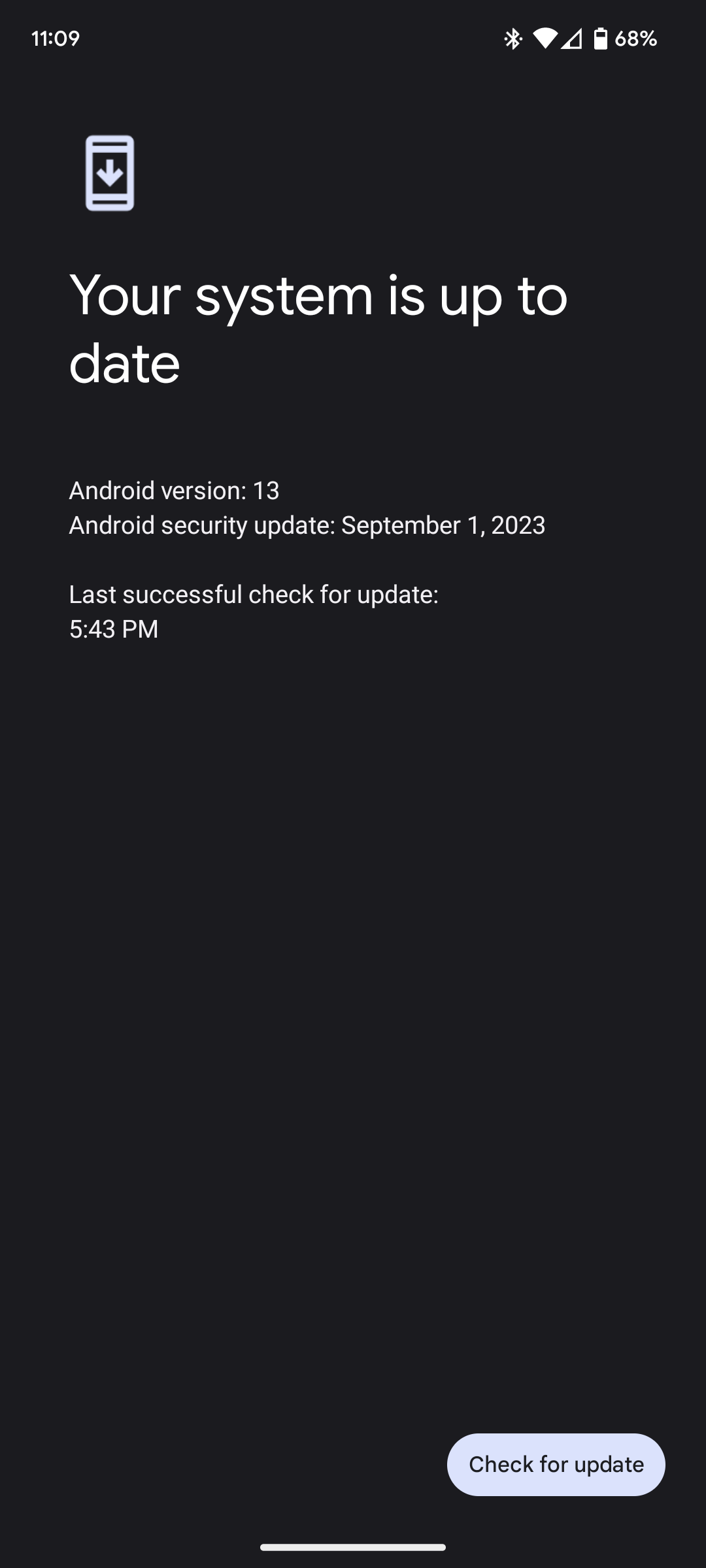this post was submitted on 07 Nov 2023
26 points (100.0% liked)
Google Pixel
1413 readers
1 users here now
The home of /r/GooglePixel on Lemmy and the Fediverse!
The place for everything related to Google Pixel devices, including news, reviews, tips, tutorials, rooting, and app discussions.
Rules
- Stay on topic: all posts should be related to Google Pixel devices.
- No offensive/low-effort content: avoid posting offensive or low-effort content that does not contribute positively to the community.
- No self-promotional spam: active community members are welcome to post their apps but should also participate in comments and discussions. Please do not post links to your own website, YouTube channel, or blog.
- No reposts/rehosted content: whenever possible, submit original sources. If the original source is not available in English, you may provide a translation. Reposts of the same content are not allowed.
- No editorializing titles: when submitting articles, do not change the titles. You may add the author's name if it is relevant.
- No piracy: sharing or discussing pirated content is strictly prohibited.
- No unauthorized polls/bots/giveaways: please do not create unauthorized polls, use bots, or organize giveaways without proper authorization.
- No affiliate links: posting affiliate links is not allowed.
founded 1 year ago
MODERATORS
you are viewing a single comment's thread
view the rest of the comments
view the rest of the comments

It's not impossible. The update isn't set in stone until you reboot into the Android UI. Prior to reboot it can be discarded trivially. Post reboot but prior to starting up the Android UI, it can be rolled back.
yes would be easy for them to do, I just don't think I've seen Google do this before
It would be interesting to see if it's an actual cloud-controlled recall feature or whether it's something simpler like timed expiry of an installed but not activated update. Haven't dug into update_engine for that. Could also be in the upper updater layer, outside of update_engine.